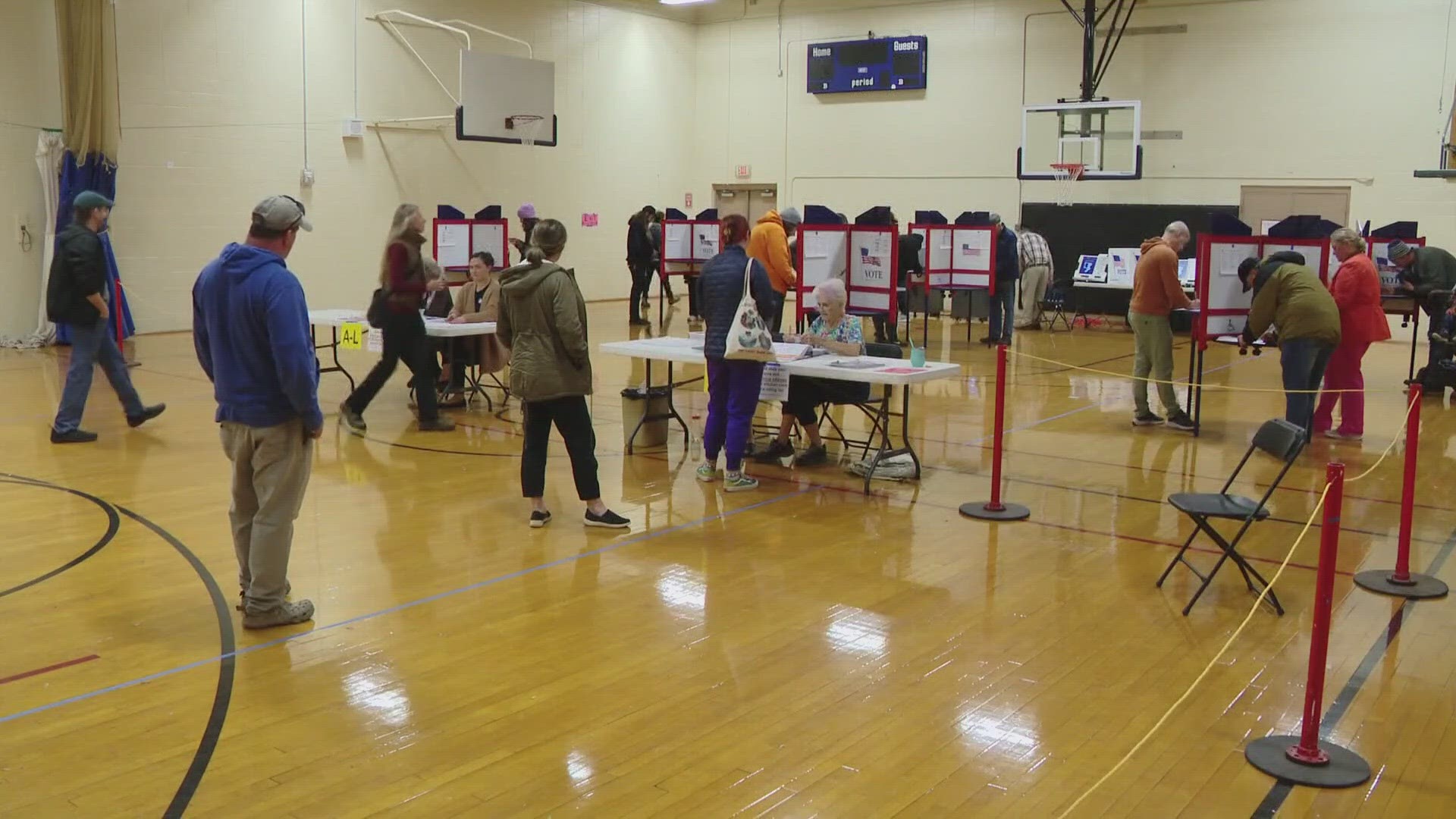ORONO, Maine — One week after voters in Maine rejected Question 7—a measure to strike down a part of the Maine Constitution barring out-of-staters from starting citizens petitions—Secretary of State Shenna Bellows is celebrating.
"The response from Mainers on Question 7 is a protest vote,” Bellows said on Tuesday, "Quite frankly those who are circulating petitions in our state that will then potentially lead to state law should be registered voters."
Those opposed to the ballot measure won by a decisive 37-point margin—reflecting a desire to keep non-residents from initiating citizens’ petitions.
Still, despite the victory, little about how petitions are legislated will change. A lawsuit filed in federal court in 2020 by the political action group "We The People" led to a ruling against the Maine Constitution’s language on the issue, making it largely unenforceable.
Though Bellows disagreed with the outcome, she was obligated to include Question 7 on this year’s ballot, after it passed the Legislature’s supermajority.
The voters’ rejection of this measure now puts the state constitution at odds with the U.S. Constitution.
"Having antiquated language in the constitution is not ideal, but it's not unprecedented," Bellows said, "Whatever the courts decide about the constitutionality of a law or a state constitution supersedes the language itself."
Despite the largely ceremonial role of Question 7, some towns across the state, especially with a high number of seasonal residents, were split on the issue.
In Orono, home to Maine’s largest university, the "yes" camp won by just 32 votes. In Mount Desert, it was even slimmer—the proposal passed by just six votes.
For some in these communities, the ballot question boiled down to a sense of belonging. To University of Maine student Jules Ostrowski who is from England, residence shouldn’t be the deciding factor in getting the right to undertake political initiatives.
"Anyone, no matter where they're from, should be able to provide a solution to a problem that affects them," Ostrowski said.
But his fellow student and Old Town native Kami Turner disagrees with the principle of non-residents getting too involved in political decisions.
"A harmful effect would be you're changing things that other people agree with, and you're not even from here so it shouldn't matter."

